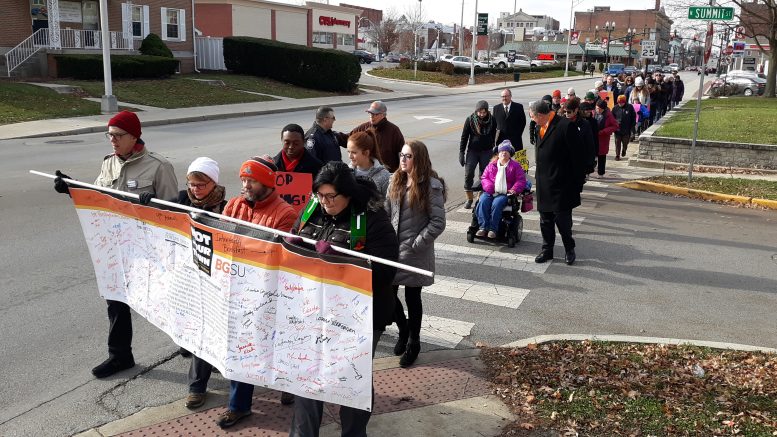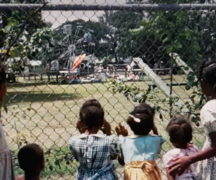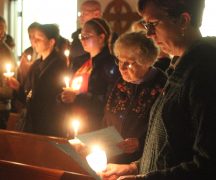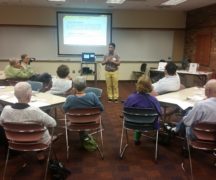By JAN LARSON McLAUGHLIN
BG Independent News
Two community organizations are talking about creating a “Safe Place to Report” for Bowling Green residents.
Last month, Not In Our Town and the Bowling Green Human Relations Commission discussed setting up some type of centralized location for receiving concerns about discrimination, harassment, rights violations, and other issues.
The groups talked about possibly creating a program similar to Bowling Green State University’s “See It, Hear It, Report It” program on campus.
“It’s a continual battle to make sure people are comfortable reporting,” said BGSU Police Chief Mike Campell, a member of Not In Our Town.
Quite often, the reports cover bias or concerns about “belonging,” according to Jennifer McCary, chief diversity and belonging officer at BGSU and a member of NIOT.
“We receive very few reports that rise to the level of a crime,” McCary said, adding that it is still important that people have a place to voice their concerns. “Reporting has to be a part of the culture.”
While many of the issues fall under free speech, people should feel comfortable reporting them, according to Ana Brown, director for the Office of Multicultural Affairs at BGSU and a member of both NIOT and HRC.
“We’re here not only to react, but create a culture shift,” Brown said.
During a recent community conversation hosted by Not In Our Town, the speaker talked about the rise of extremism in the nation – including this region. Detective Louis Espinosa from the FBI Joint Terrorism Task Force said it’s important for people to report concerns to law enforcement and “let us sort it out.”
Emily Dunipace, a member of both NIOT and HRC, said that advice is important.
“One of the strongest messages he gave was to encourage people to report,” Dunipace said.
BG Police Sgt. Adam Skaff, who serves as police liaison to people of color, said the police division already accepts anonymous reports on its website.
However, both community organizations have heard from some people of color in Bowling Green that they are not comfortable reporting concerns to the police. Dunipace suggested that a “safe place” be set up for people to submit their concerns. Those reports could then be channeled to the proper agency or person for a response.
“We need to have a way for people to feel safe reporting,” she said.
Reports that don’t rise to the level of a crime could perhaps be handled by the Human Relations Commission or Not In Our Town, acting as “a friendly neighborhood voice in our community,” said HRC member Amy Jeffers.





